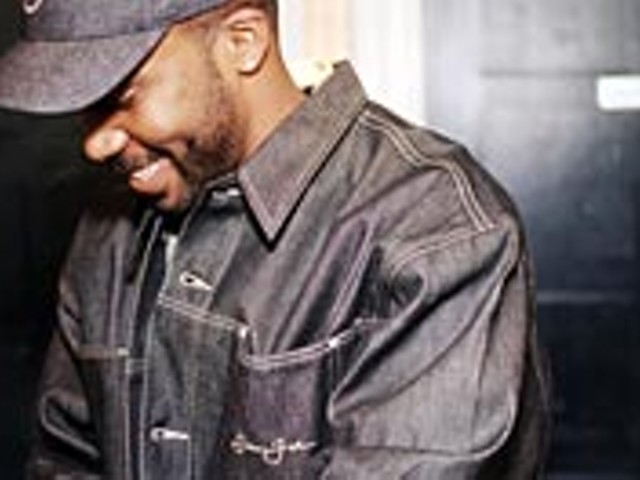Weird Like Us: My Bohemian America
By Ann Powers
Simon and Shuster, 287 pages, $23
The "us" in the title of Ann Powers' new book is, well, us -- the young (or at least youthful) urbanites most likely to read or work for an alternative newspaper. Despite her current high-powered gig as a music critic at The New York Times, Powers is, ostensibly, one of us; she wrote for alternaweeklies for many years and came of age in our shared, deliberately marginal culture of indie music, undemanding jobs, thrift-store shopping, and extended personal exploration. But it is equally important to note the "my" in the book's subtitle. In discussing the social history of our generation's ongoing rise from slackerdom to maturity, Powers draws so heavily on her own life that by its end the book feels only tangentially about "us" at all.
Powers' book offers a portrait of a new strain of bohemia -- one not tied to a particular city and not confined to the struggling artists, writers, and musicians who traditionally define bohemian life. In fact, the author views struggle itself as the essential quality of contemporary bohemia. In the wake of '50s repression, '60s soured idealism, and '70s libertinism, she argues, our generation was determined not to make the same mistakes. In her version, our infamous ambivalence, avoidance of traditional roles and values, and general sustained-adolescence quality are, in fact, an ongoing decision-making process about what kind of adults we want to be.
Powers goes on to base this bohemia's history on her own history as a high school misfit in pre-boom Seattle who fled to Misfit Central, San Francisco. In each neatly organized chapter, she revisits her and her friends' youthful adventures in group-house living, sex, drugs, work, and shopping, often reconnecting with people from her past to help her puzzle out the sense in their behavior, beliefs, and feelings, both then and now. Powers makes several interesting points about redefinitions of family, sexual values, and work, and she spins a lively yarn.
But basing the bulk of her assumptions on the lives she and her friends and acquaintances lived in perhaps the most enduringly, zealously bohemian city in the United States limits the book's scope in a perverse way. Anyone who's ever clerked at a record store or dragged home a piece of discarded furniture will recognize elements of their lives reflected here, yet Powers' example can hardly be considered the mean. Likewise, she acknowledges that bohemians are traditionally white middle-class kids, but barely comments on the social conditions that determine who enters this willed underclass.
The personal extrapolation continues in the final chapter, as Powers wrestles with such bourgie institutions as her mainstream job, home ownership, and marriage. Her hand-wringing and excuse-making over her choices derail the book's discourse; the whole thing suddenly seems like 287 pages of personal rationalization for her "sell-out" at a threshold of maturity that many of our generation will handle with aplomb and nary a backward glance. Ultimately, she assumes an awful lot with that "us."
Lee Gardner writes for City Paper, where this piece first appeared. Send comments to [email protected]




